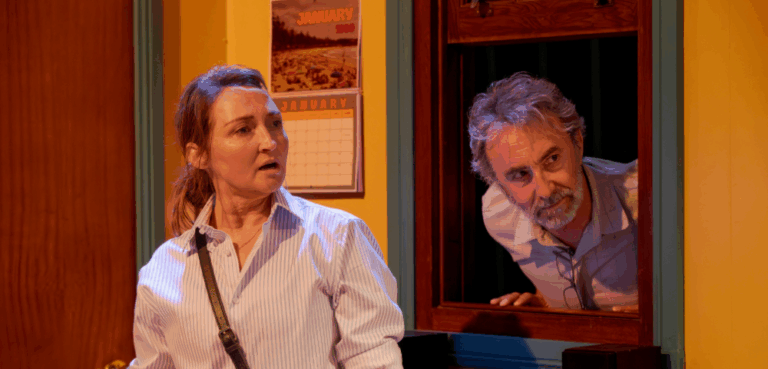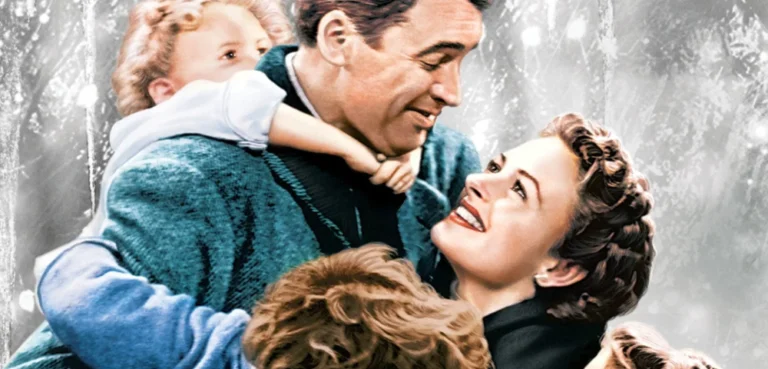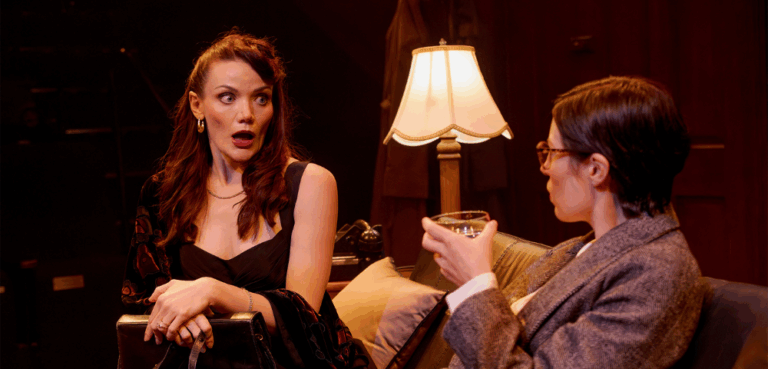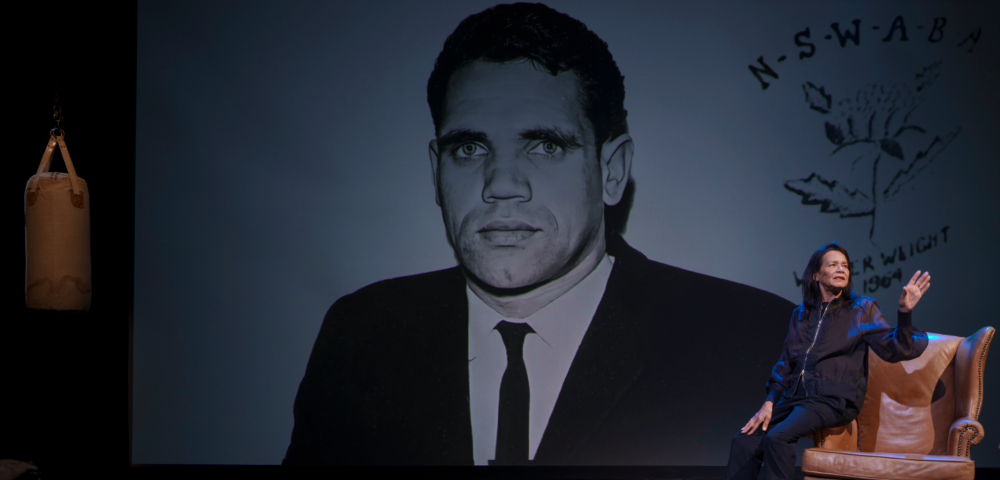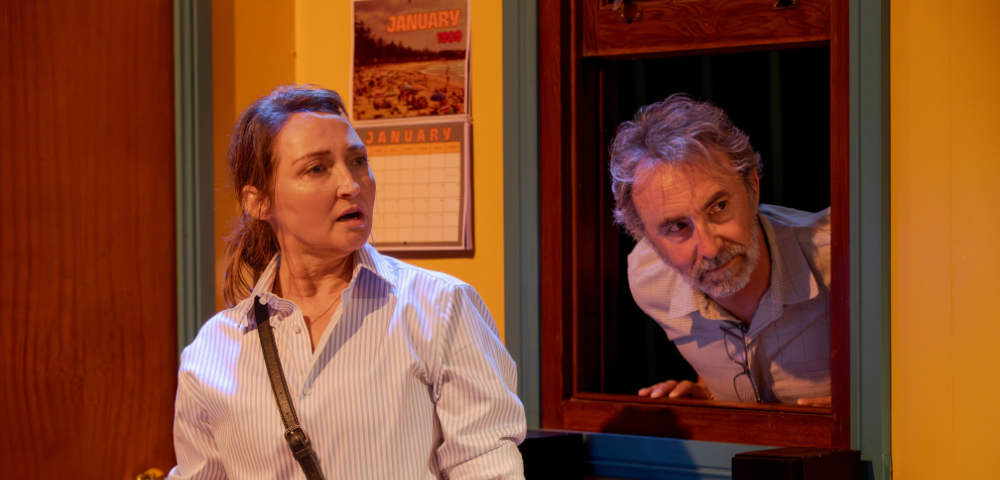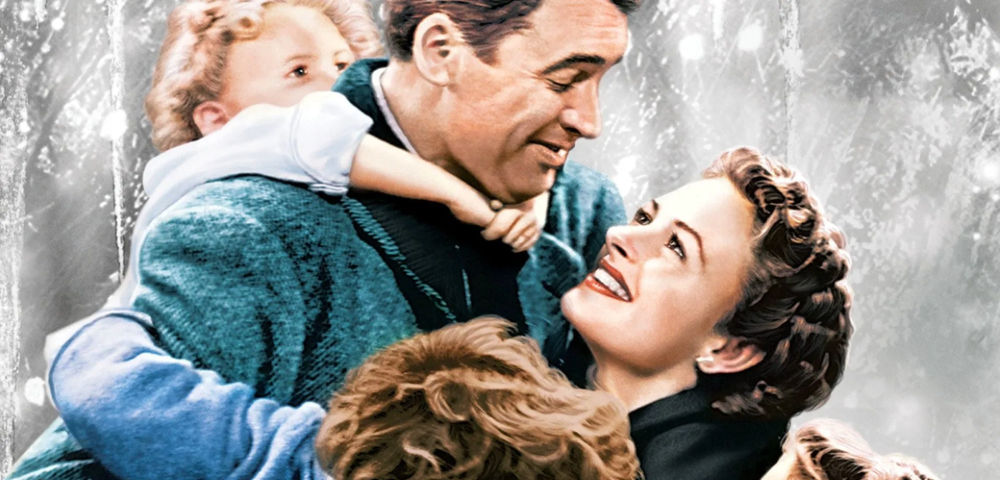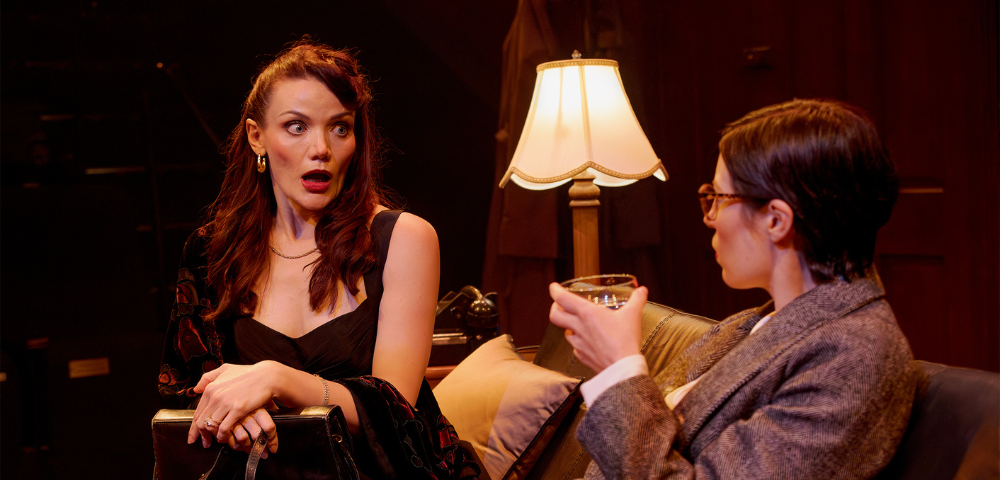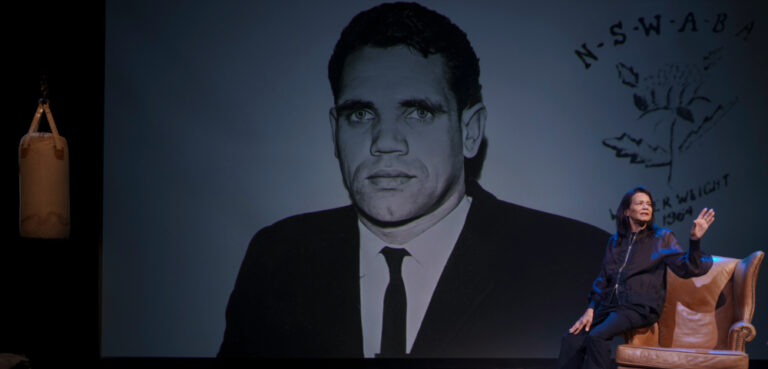
A Film Festival At War (The Naked City)
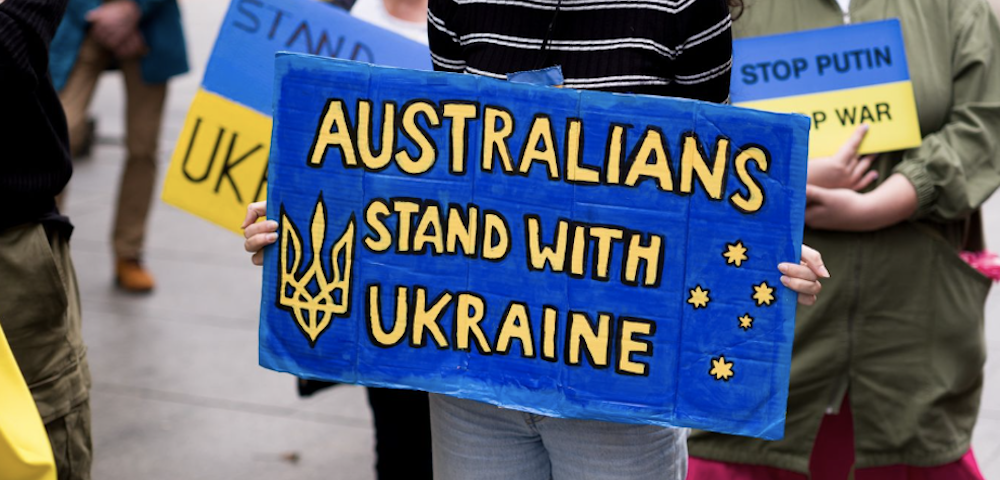
A Film Festival is the latest column (February 17, 2025) from Coffin Ed‘s The Naked City column – featured exclusively on City Hub.
It was the mid 1980s and the first night of the Russian Film Festival in Sydney at the Mandolin Cinema on Elizabeth Street. The Russian Consulate had imported a well known movie star for the event and she had just taken the stage to announce the opening.
As she did, a large number of placard waving protestors, many from the Captive Nations Council, stood in their seats and shouted protests. Their fury was directed at the brutal occupation then taking place right across Europe under the existing Soviet Union.
The Consulate had brought its own security – big burly goons who looked very much like your archetypal KGB thugs. They immediately began wrenching protestors from their seats and manhandling them out of the cinema with little regard for their well-being. One woman was literally dragged by her hair, down the foyer stairs and onto the footpath below. The Odessa Steps sequence revisited!
Flash forward some fifty years and a relatively small but peaceful group of Ukrainian protestors recently picketed two screenings of the controversial documentary Russians At War at the Antenna Film Festival in Sydney. The demonstrations might have been a half century apart but their target was identical – Russian imperialism and illegal occupation.
The documentary, by Russian-Canadian filmmaker Anastasia Trofimova, has been the subject of enormous controversy since first screened at film festivals around the world. It’s a first person account of her unprecedented access to a Russian Army battalion in Ukraine over the period of a year – supposedly without any official clearance or permits. What she discovers is an army in disarray and soldiers unable to grasp what they are really fighting for.
Trofimova has had both her supporters and detractors and has made a point of declaring the Russian invasion of Ukraine as illegal. She has also indicated that she could be arrested and detailed for speaking out if she ever returned to Russia.
Others claim that she could not have spent seven months embedded with Russian forces without Kremlin approval from the Ministry of Defence. They also point out that she previously worked for RT (Russian Today), a state controlled media outlet, notorious for spreading propaganda and banned in many countries including Australia.
Those who have criticised the film, including many from the Ukrainian community, see it as normalising Russian aggression and spreading a litany of misinformation.
Amongst the objections raised by the Australian Federation Of Ukrainian Organizations is that “Russian soldiers are presented as ‘normal people’ while ignoring their role in civilian deaths, terrorist attacks, torture, rape, and the mass kidnapping of Ukrainian children”.
They also claim the “film repeats standard Russian propaganda tropes, including that Ukrainian lands are part of Russia, that Ukrainians are ‘Nazis’, and that a Kremlin-backed regime should be installed in Kyiv”.
The directors of the Antenna Festival did not take their decision to screen the documentary lightly, responding to complaints from Vasyl Myroshnychenko, the Ukrainian ambassador in Canberra and issuing a disclaimer which included: “aware of the controversy it has generated globally, we engaged in extensive discussions about the film’s content and the complexities it presents. We feel it serves as an existential critique of war, exposing the mechanisms that sustain it and ultimately underscoring the urgency of ending Russia’s invasion of Ukraine”.
It should be noted this year’s Antenna Fest also included Intercepted, a pro Ukrainian documentary on the war and in 2024 they screened 20 Days in Mariupol, a film which showcased the horrors of the Russian invasion.
At a time when the fate of Ukraine and the ending of the war may well be in the hands of two of the world’s most ruthless megalomaniacs in Putin and Trump, documentaries such as Russians At War are bound to create a heated and divided response.
It can’t be an easy decision for film festivals such as Antenna to include such films, knowing that they are alienating the local Ukrainian community – with whom they have previously enjoyed a solid and sympathetic relationship.
The average festival-goer is likely to view the documentary in a dispassionate way – well aware of its controversy and the criticisms that have been made of both the filmmaker and its content. On the other hand, if you are a member of the local Ukrainian community, deeply affected by the war, possibly with relatives who have been killed, injured or displaced, the reaction is bound to be far more personal and emotional.
If there is one positive that comes out of the debate as to whether Russians At War should have been screened, it’s the controversy itself. Protests and an intense debate on social media have at least continued to highlight the tragic plight of the Ukrainian people, bringing it to the attention of all Australians who care. If peace is finally achieved in Ukraine, hopefully without territorial loss, docos like Russians At War may well be lost to the dustbin of history.

